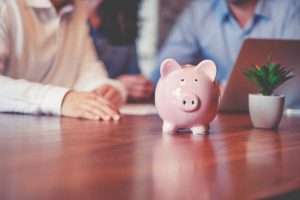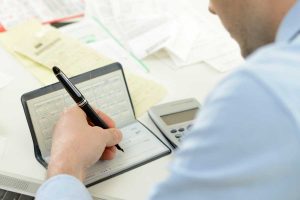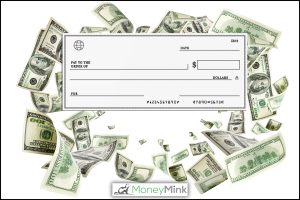For many people, cashing a check is still a common way to get money. But if your bank account is overdrawn, can you still cash a check? Let's take a look if you can.
If your account already has a negative balance, then it is unlikely that you will be able to cash a check. For a bank to give you money from a check, they need to make sure that the account has enough funds to cover the check amount plus any fees associated with cashing it. If the bank does cash the check, the money will need to go towards bringing your account balance back to zero or above.
Not being able to cash a check can be inconvenient and discouraging. In this article, we will explain why a bank isn't likely to cash a check with an overdrawn balance. In addition, we will answer other frequently asked questions about cashing checks, so read on!
Can You Cash A Check If Your Bank Account Is Overdrawn?
Life happens, and sometimes we find ourselves in a situation where our bank account is overdrawn. This can happen for a number of reasons, and it doesn't necessarily mean that we're bad with money.
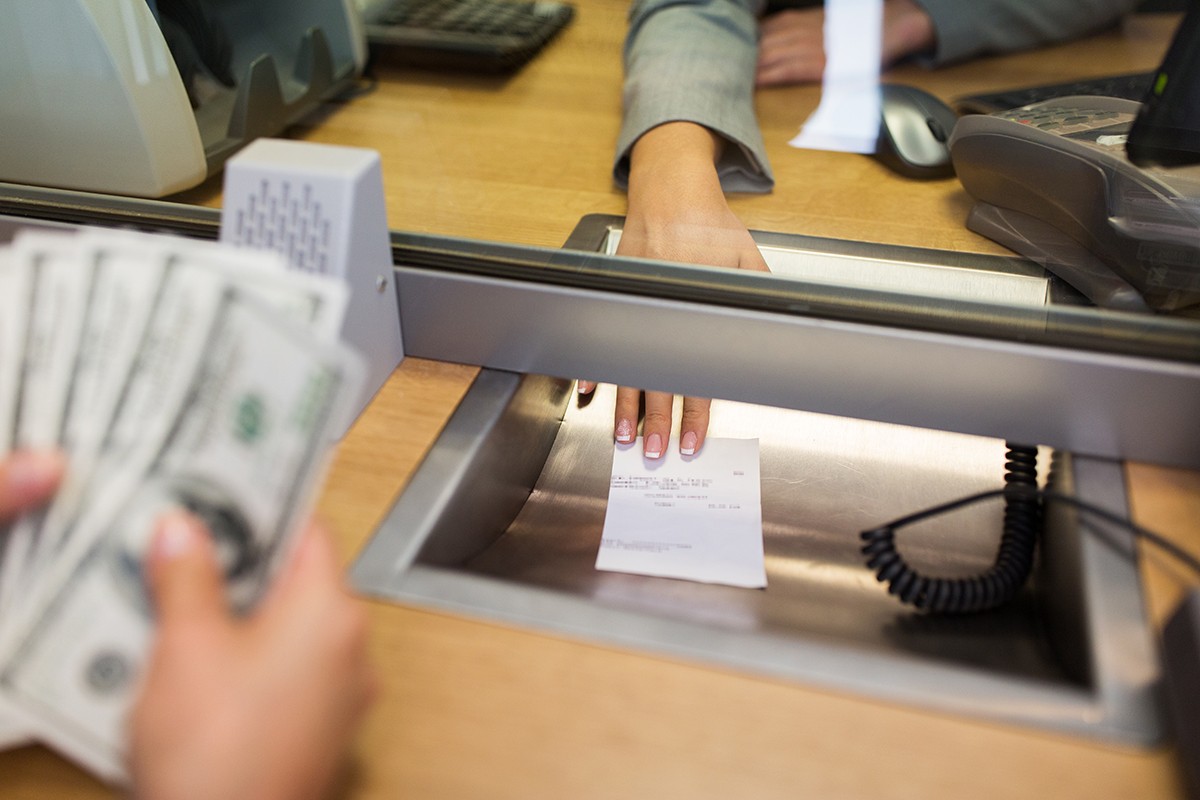
An overdrawn account occurs when you don't have enough funds to cover the transactions in your account. This can happen if you make a mistake when tracking your spending, you have an unforeseen expense, or you make a withdrawal from an ATM that charges a fee.
If your account is overdrawn and you try to cash a check, the bank is unlikely to give you the money. The reason is if they did, your account would be further overdrawn, and the bank would be at risk of losing money.
Not being able to cash a check can be frustrating, especially if you're in a bind and need the money right away. More than likely, the bank will have the value of the check put directly into your account so you can use it to cover the negative balance and any fees associated with being overdrawn.
This is the best option because you will want to be in good standing with your bank to avoid any future issues. Once your account reaches zero or is in the positive, you should be able to cash checks without any problems.
In the meantime, you may need to use a credit card or get a loan from a friend or family member to tide you over until your account is back in the black.
Where Can I Cash A Personal Check Without A Bank Account?
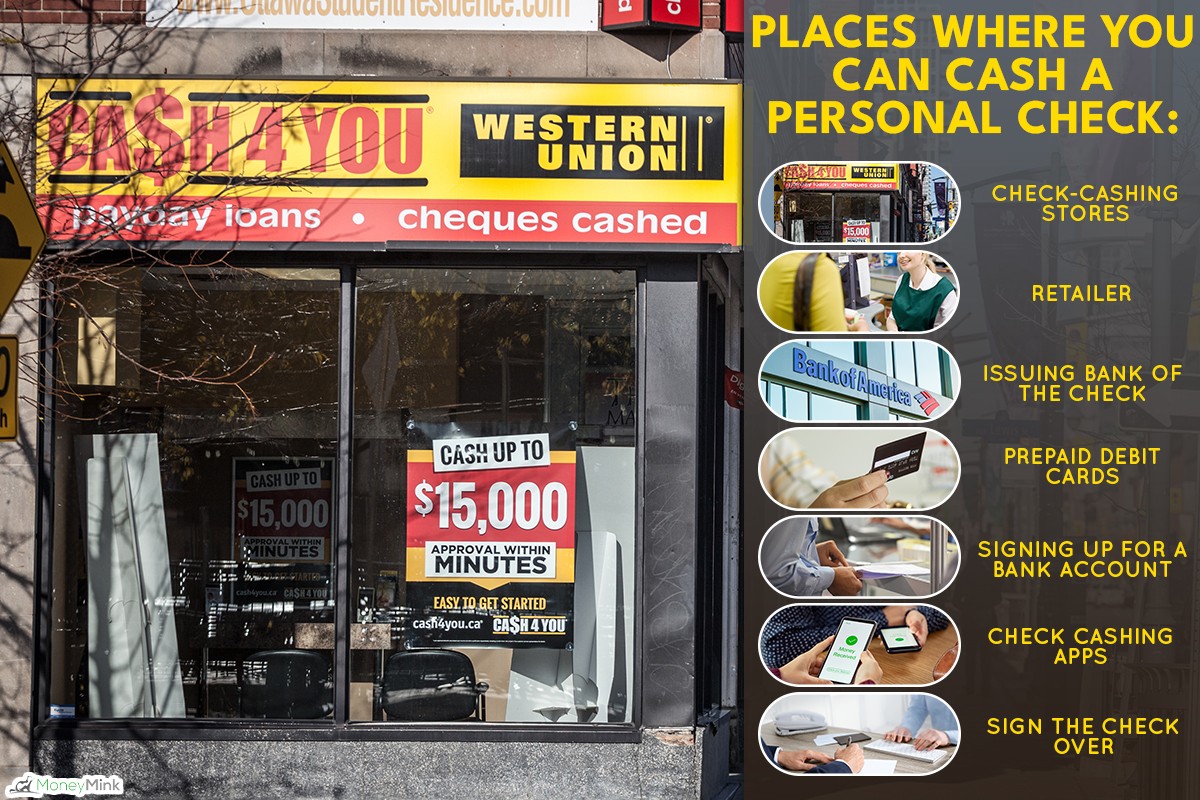
In the case that you don't have a bank account or your account is overdrawn and you can't cash a check, there are still options available to you.
There are many places that will still cash personal checks, even if you don't have an account with them. However, keep in mind that they will likely charge a fee for this service. Nonetheless, let's take a look at some of the places where you can cash a personal check.
Check-Cashing Stores
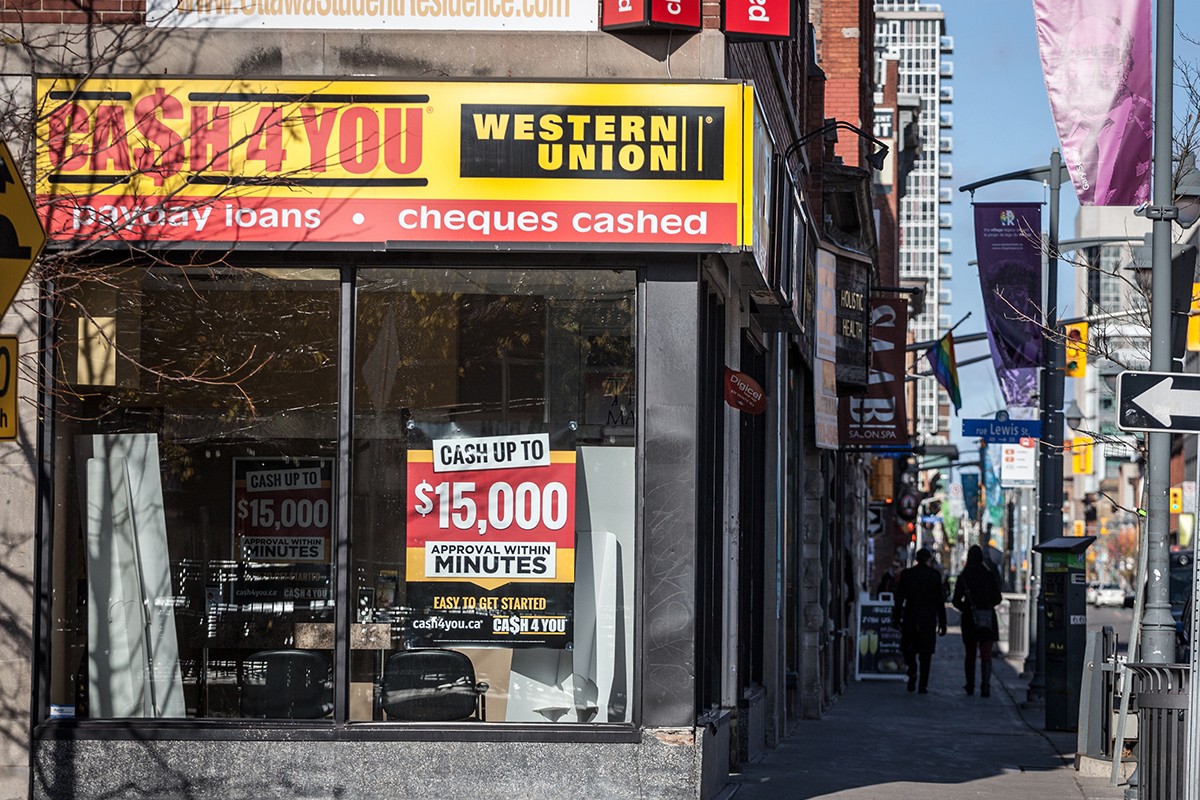
There are many check-cashing stores located in most cities and towns. These stores usually don't require you to have an account with them, but they will charge a fee for cashing your check. The fees vary depending on the store, but they are typically a percentage of the check amount or a flat fee.
For example, if you have a $1,000 check and the store charges a 3% fee, you would need to pay $30 to cash it. While it may hurt to pay the fee, at least you're able to get the cash you need.
Just be sure to bring some form of identification with you when you go, as most stores will require it.
Retailer
Some retailers, such as department stores, grocery stores, and gas stations, will also cash personal checks. However, this service is not always available, so you'll need to ask first.
Again, there may be a fee involved, so do your research ahead of time.
Issuing Bank Of The Check
Take a look at the check to see where it's from. In some cases, you may be able to go directly to the issuing bank to cash it.
For example, if you have a check from Bank of America, you can go into any of their branches and cash it without having an account with them. The reason the bank may do this is that they can check to see if the account the check is coming from has enough funds to cover it.
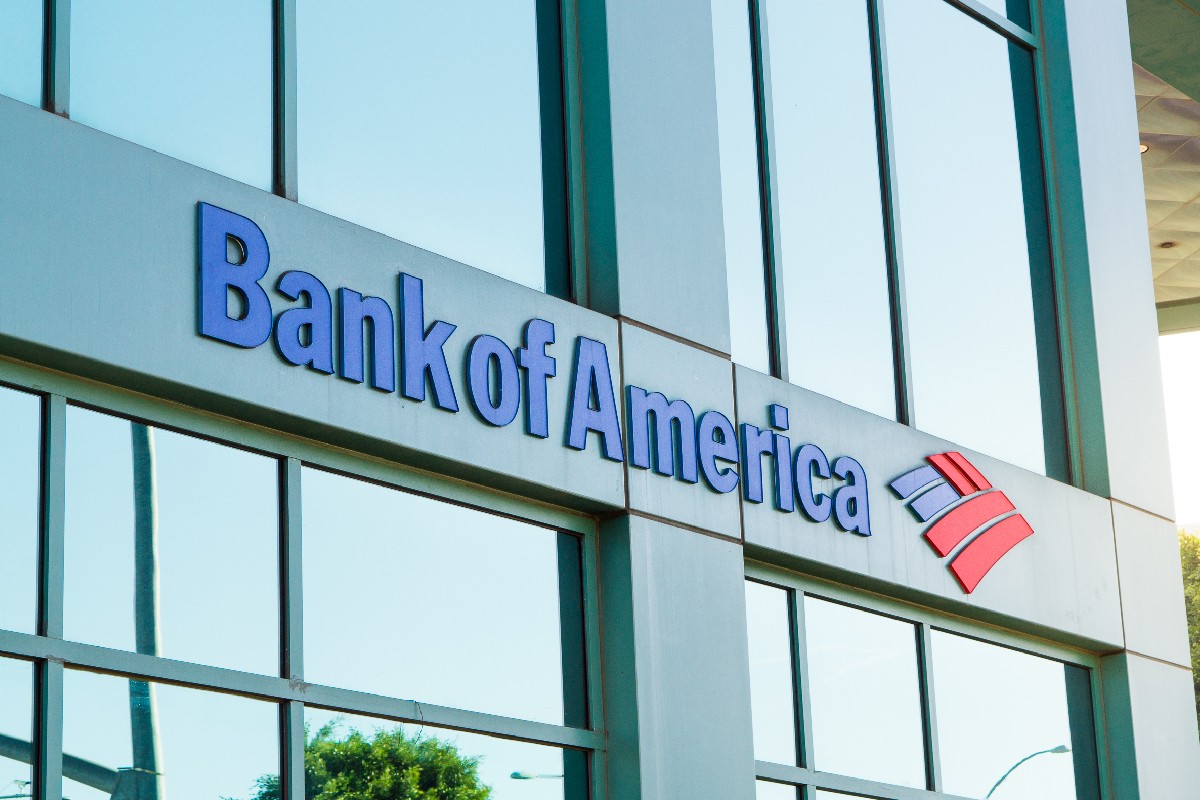
To save you time, call the bank ahead of time to ask if they will cash your check.
Prepaid Debit Cards
In some cases, you can load your personal check onto a prepaid debit card. This is a good option if you don't have a bank account and need somewhere to store your money. Just be aware that there may be fees associated with this service.
Signing Up For A Bank Account
If you don't have a bank account, you may want to consider signing up for one. This will give you a place to store your money and cash your checks without having to pay fees.
Many banks and credit unions offer checking accounts with little to no monthly fees. And in some cases, you can even get your checking account fees waived if you meet certain requirements.
Check Cashing Apps
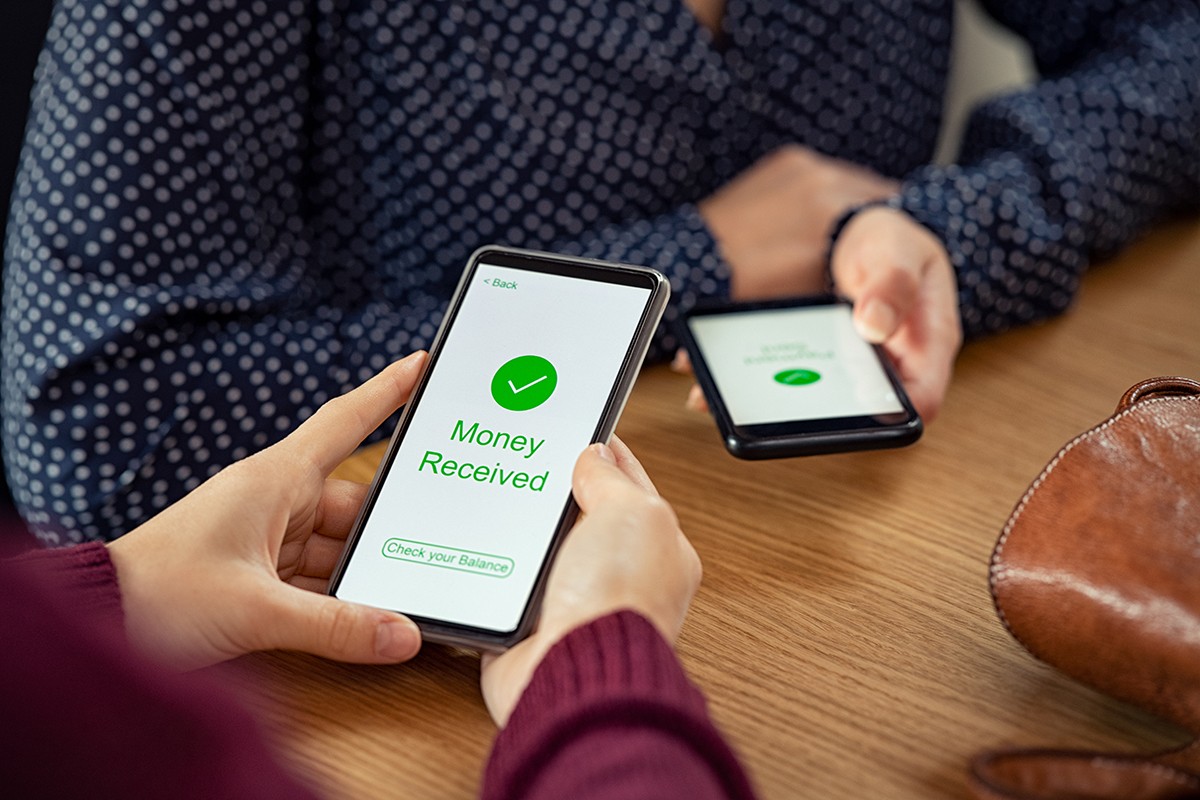
It doesn't matter the service, there is an app for it these days, and that includes check cashing.
There are a few different apps you can use to cash a personal check without having a bank account. Just download the app, follow their instructions, and you'll be able to get your money in no time.
For example, with the Ingo Money app, you can cash a check and get your money in minutes. All you need is your smartphone and the app, which is available for both Android and iOS devices.
Like check cashing stores, there may be a fee involved, so read the terms and conditions before using the service.
Sign The Check Over
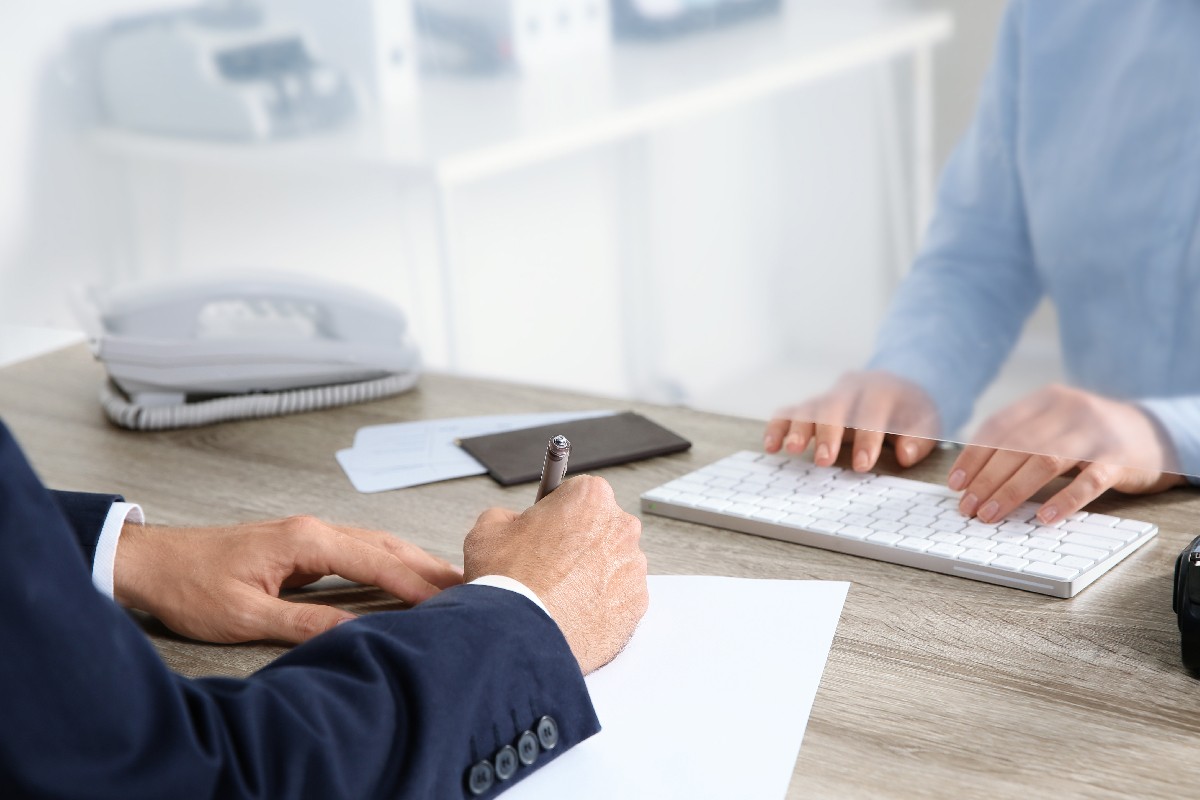
Lastly, if you can verify there are funds available and you know and trust the person, you can sign the check over to them. They will then be able to cash it themselves and give you the money.
While this may not be the ideal solution, it's worth asking about if you're in a bind.
What Happens If You Cash A Check And The Check Bounces?
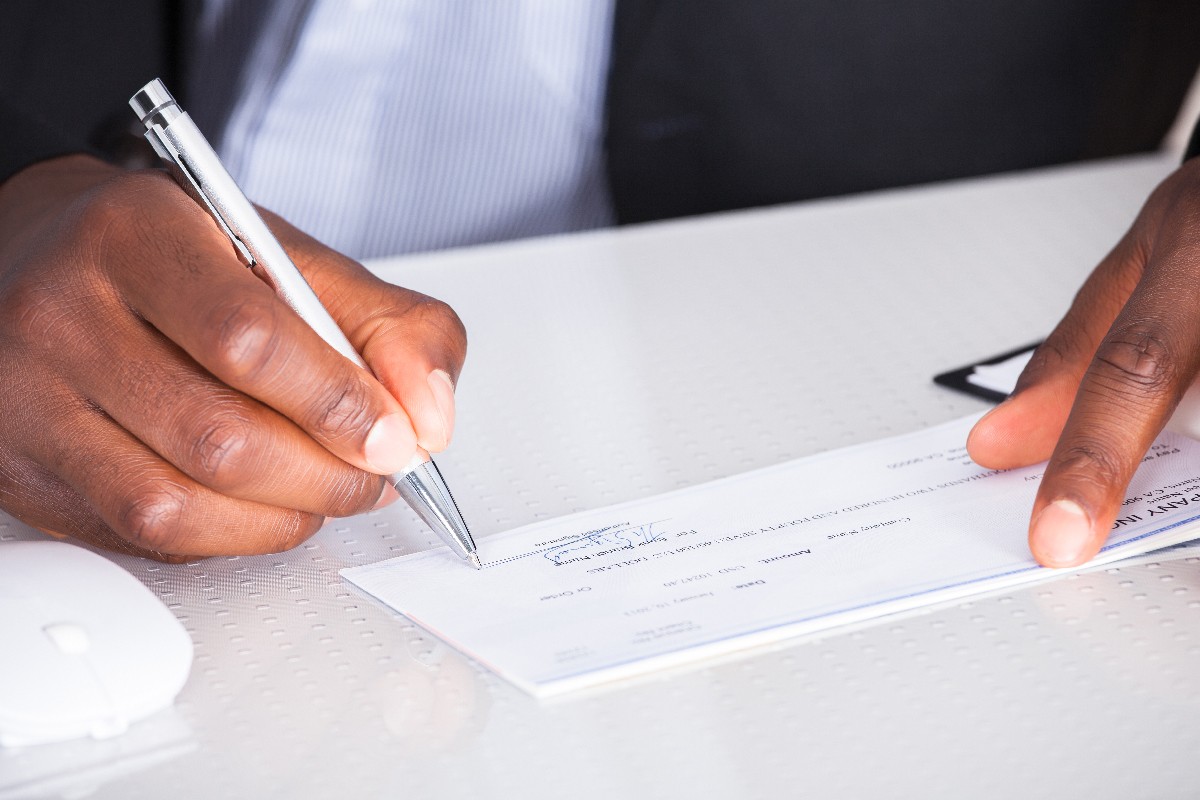
Cashing a check that later bounces can leave you in a difficult financial situation. Not only will you be out the money you originally spent, but you may also be on the hook for additional fees.
For example, if you cash a check for $1,000 and it bounces, you may be charged a returned check fee by your bank.
Not only does this include a check written from your account, but if you accept a personal check and it bounces, you may be charged a fee as well.
Whenever in doubt, ensure there are funds available before cashing a check, regardless of the type.
How Long Can My Bank Account Be Overdrawn?
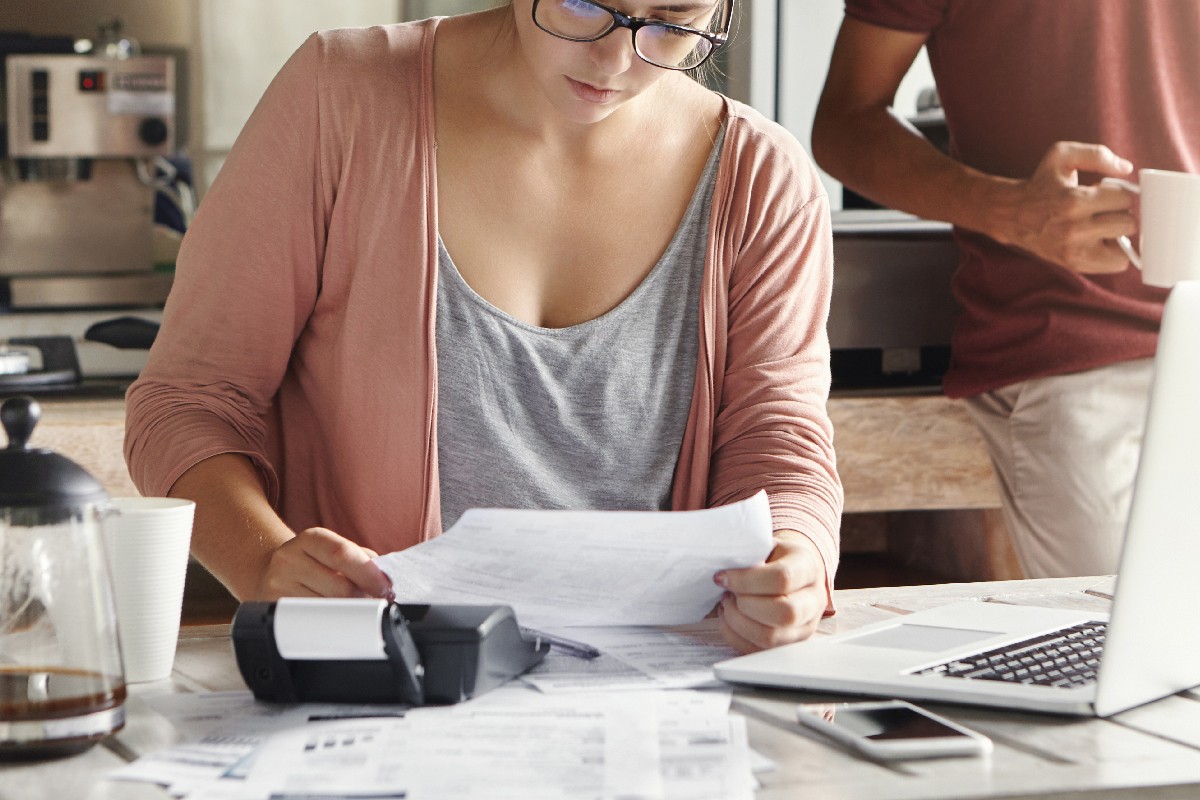
Depending on the bank, your account may be negative for a few days or even a week without any penalties. However, if it remains overdrawn for an extended period of time, you may be charged additional fees.
For example, some banks will charge a fee every five days if your account is overdrawn. So, if you're account is negative for 20 days, you could be charged four separate fees.
If your account is in the red for an extended amount of time, the bank might close your account and send it to a collections agency. This could damage your credit score, making it more difficult to open a new account in the future.
Sometimes this is 60-90 days, but it varies by bank. More than likely, you will receive notices from your bank about the fees you are being charged and how long you have to bring your account back to a positive balance.
Final Thoughts
Overall, you do have options for cashing a check when your account is negative. However, it's important to be aware of any potential fees you may incur.
The best solution is to bring your account back to a positive balance as soon as possible to avoid additional charges.
Made it to the end? Here are other articles you might find helpful:
Do You Endorse A Check In Cursive?
Do You Have To Write Checks In Sequential Order?
Can You Deposit A Check For Someone Else Into Their Account?

